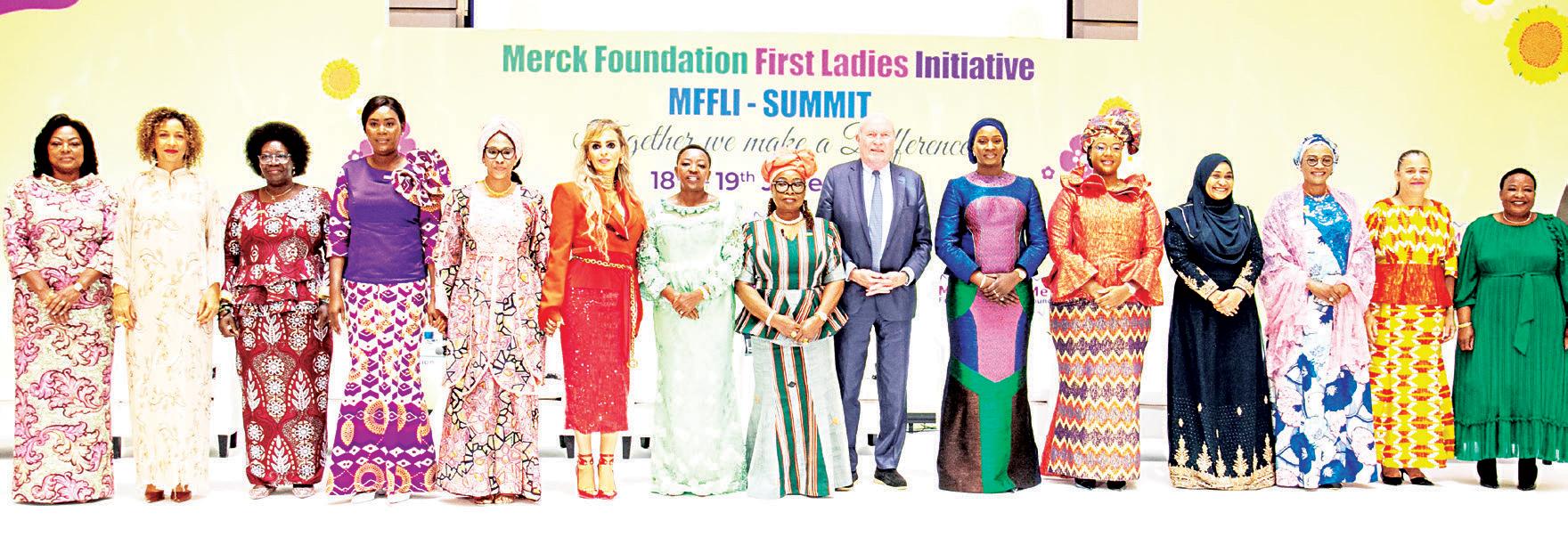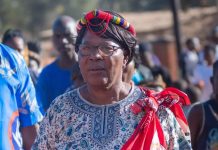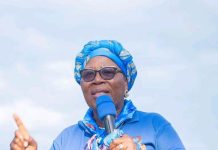Africa-Press – Malawi. Merck Foundation has reiterated its commitment to transforming access to healthcare and empowering women and girls across Africa and Asia by expanding specialist medical training and educational support initiatives.
Chief executive officer Rasha Kelej outlined the organisation’s 13 years of development work, which includes training over 2,270 doctors from 52 countries, including Malawi, in 44 critical and underserved medical specialities.
Kelej was speaking in Dubai, the United Arab Emirates, at the 7th edition of the Merck Foundation Africa-Asia First Ladies’ Summit.
“Our goal is to ensure equitable and quality healthcare for all, especially those who have historically been left behind in rural and underserved areas.
“Every doctor we train returns to their community and sees more than 1,000 patients each month. That is real transformation,” she said.
The programme targets medical professionals from public healthcare systems across Africa, focusing on fields where specialists were previously non-existent.
Specialities include oncology, fertility care, diabetes, sexual and reproductive medicine, hypertension, trauma and orthopaedics, paediatric emergency care, neonatal care, psychiatry, dermatology and critical care.
“We don’t choose doctors from capital cities. We deliberately include those from rural hospitals, where the need is greatest. The healthcare landscape is changing because of this approach,” Kelej said.
The summit also highlighted Merck Foundation’s emphasis on girls’ education.
It also included scientific sessions attended by more than 6,000 online participants, alongside health media partners and the foundation’s alumni from across the 52 participating countries.
In his keynote address, Frank Stangenberg-Haverkamp, Chairperson for the Board of Trustees and founder of the Merck Foundation, underscored the urgent need to strengthen the healthcare workforce across the African continent.
He said Africa bears 24 percent of the global disease burden, yet has only 2.91 healthcare workers per 1,000 people, far below the global average.
Haverkamp added that it is even more concerning that 11 African countries have just one medical school, while another 11 have none at all.
These shortages, he said, have led to a severe lack of specialists in essential fields such as oncology, diabetes, endocrinology, intensive care and fertility medicine.
“Before the launch of the Merck Foundation programmes in 2012, there were no oncologists, fertility or reproductive care specialists, diabetologists, respiratory or [intensive care unit] specialists in many countries,” Haverkamp said.
He also spoke about the Educating Linda programme, which supports underprivileged but high-performing African girls throughout their schooling.
“Educated girls grow into empowered women who can drive meaningful social and economic development in their communities and countries,” he said.
Merck Foundation is the philanthropic arm of Merck KGaA, Darmstadt, Germany, a global science and technology company.
For More News And Analysis About Malawi Follow Africa-Press






